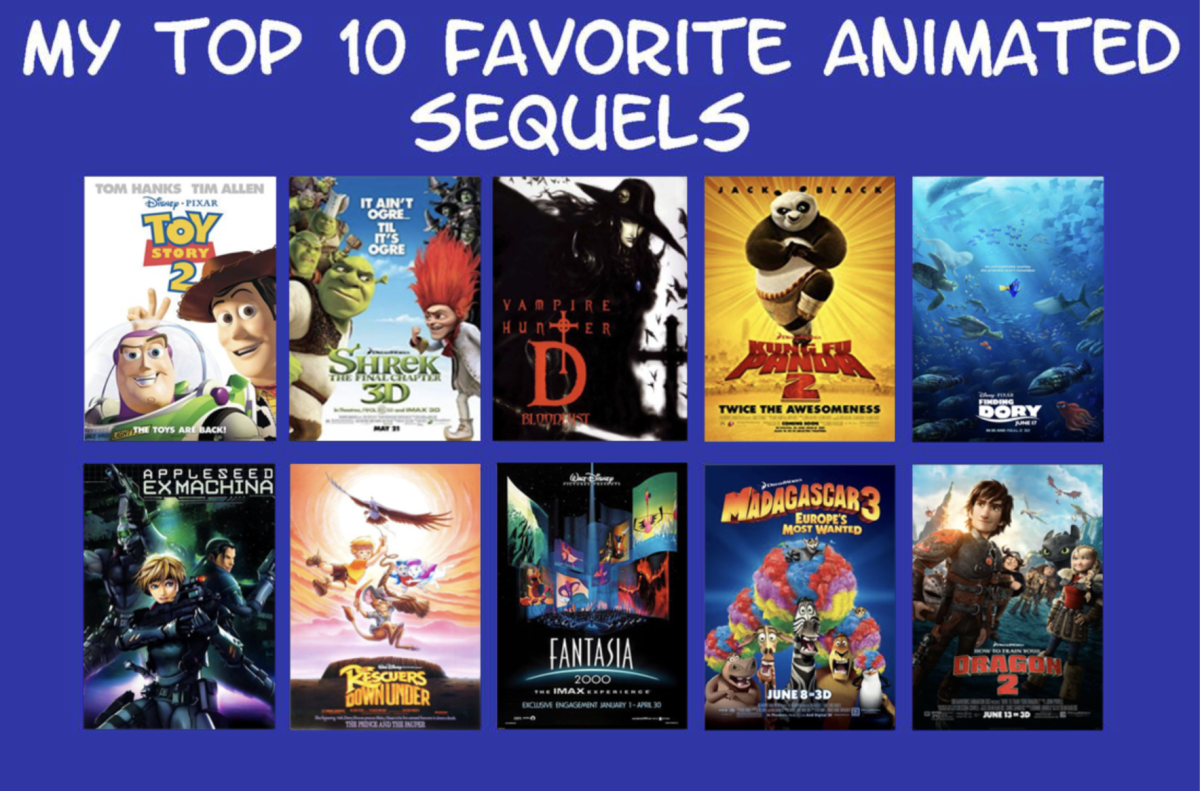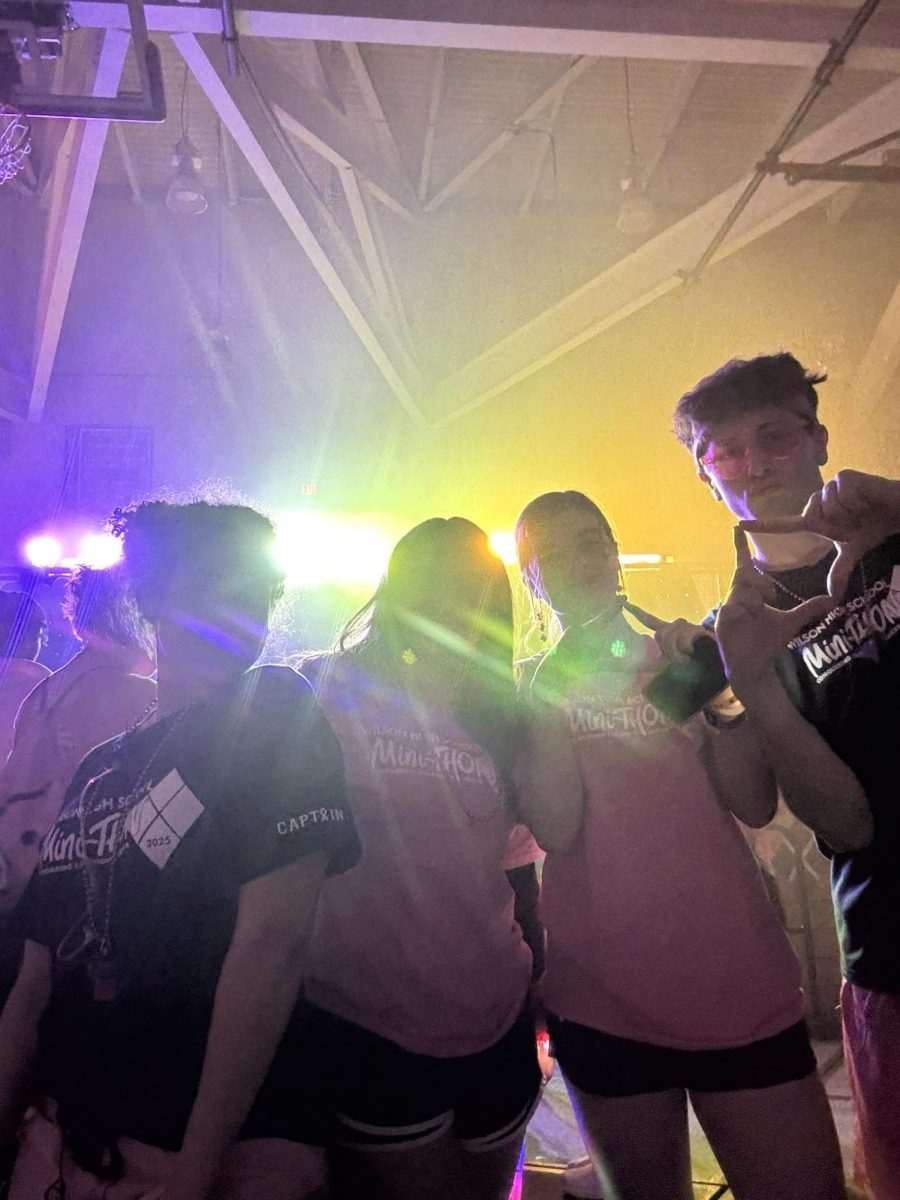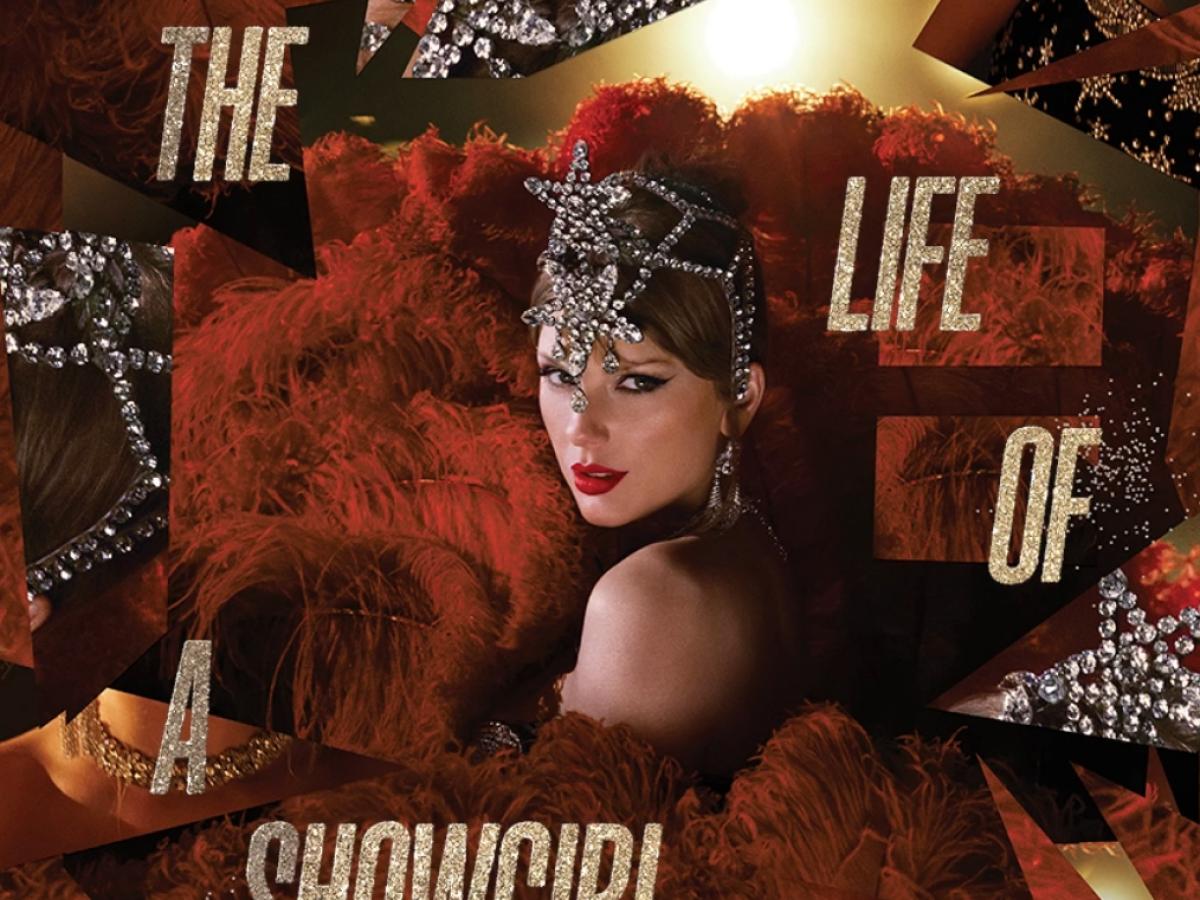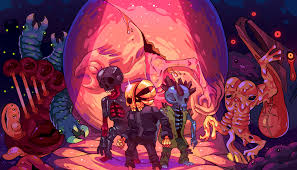Around the early 1500s, Dutch Renaissance painter Hieronymus Bosch created his most renowned artwork, a three-panel painting by the name “The Garden of Earthly Delights.” This triptych depicts the expulsion of Adam and Eve from the Garden of Eden, the false paradise of the earth in which people indulge in their carnal desires, and then finally the hellish fate that they are doomed to fall into.
Bosch’s depiction of Hell takes on a heavily chaotic and surreal form, full of demons made from abstract objects or body parts. It is also notable for its strange relation to music, with large instruments being used as torture devices and unconventional instruments like a bagpipe carved from a bladder-like organ bellowing smoke. It is this insane, strangely musical landscape that inspired “Brutal Orchestra,” a turn-based indie game released by Talia Bob Mair and Nicolás Delgado on Dec. 17, 2021.
“Brutal Orchestra” takes place at the end of World War II, following the main character Nowak and his enigmatic guide “Bosch” as they traverse through purgatory and seek revenge for Nowak’s demise. The afterlife takes heavy inspiration from Hieronymus Bosch’s work, emanating the same sense of absurdism seen in “The Garden of Earthly Delights.” This is most clearly seen in the enemies that the two face, from sobbing fish piloting corpses to rock-headed humanoids who transform into meaty, half-instrument amalgams. Some enemies are even directly taken from the painting, such as a demon comprised of two ears with a skinning knife extruding from between them or the previously mentioned bagpipe creature, given the name “Sepulchre.”
As the name suggests, “Brutal Orchestra” is a difficult and cruel game at times. Besides creative liberties, it is likely that this difficulty was inspired by the pessimistic view portrayed in “The Garden of Earthly Delights.” The painting shows how the sin of men in their lives leads to them being tortured, fighting, and failing. This same kind of pessimism and fear is portrayed in the game through the permanent mortality of your characters, making you have to strategize in order to minimize loss.
The game also runs off a pigment system, where each attack requires a certain color of pigment that you get from attacking enemies. Using the incorrect color pigment or letting your pigment bar overflow will do increasingly more damage to your party. This creates the need for resource management and adds even more possibilities for small mistakes that can wind up being detrimental to the rest of the run. The sparse leeway for your mistakes shows the consequences of man’s actions, a major topic in Bosch’s work.
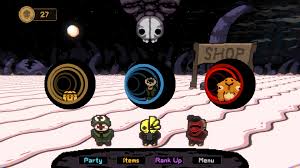
While comedy is a big part of the game, it allows itself to get darker and more serious at times, often conveying similar themes to that of Bosch’s paintings. This is most commonly seen in the dialogue, the times when Nowak meets other unfortunate souls in purgatory. These people are often distraught about the afterlife or the life they lived, filling in the lack of commentary we get from Nowak in the normal gameplay.
An example of this dialogue is from the NPCs listed as “Stabbed Guy” (“Brutal Orchestra” isn’t renowned for its naming conventions) where he laments, “‘What are you gonna do, stab me?’ God, even my last words were rubbish. What a waste I turned out to be.”
“Panic Man” is another character who says, “You need to help me, this is all a mistake. They said I was gonna make it. I took all the meds they told me to. I, I did what I was supposed to. *sobbing* I did what I was supposed to.” These lines reflect on themes of mortality and legacy, the mark you leave on the world, and how sometimes, nothing can stop the inevitability of death. These themes play an important role throughout the game, especially in the ending (which will be left for the reader to discover for themselves). Bosch’s work also often shares these themes, showing the mark left by our ancestors and the inevitable result of our death. Bosch himself is an interesting example of legacy, with next to nothing being known about his life and only his work standing as a guide into his mind.
“Brutal Orchestra” is a heavily underappreciated game that combines Hieronymus Bosch’s insane world with a story of getting revenge and accepting who you are. From classical art critics to someone who just wants to play an obscure indie game, “Brutal Orchestra” provides a unique playthrough with colorful characters, crazy landscapes, and twistedly dark humor. Its phenomenal soundtrack and creative character design have entranced me with the game, and I cannot recommend it enough.
The game is available for purchase on Steam for $19.99 for those who want to experience Nowak’s absurdist purgatory and who want to support Talia Bob Mair and Nicolás Delgado’s future works.


